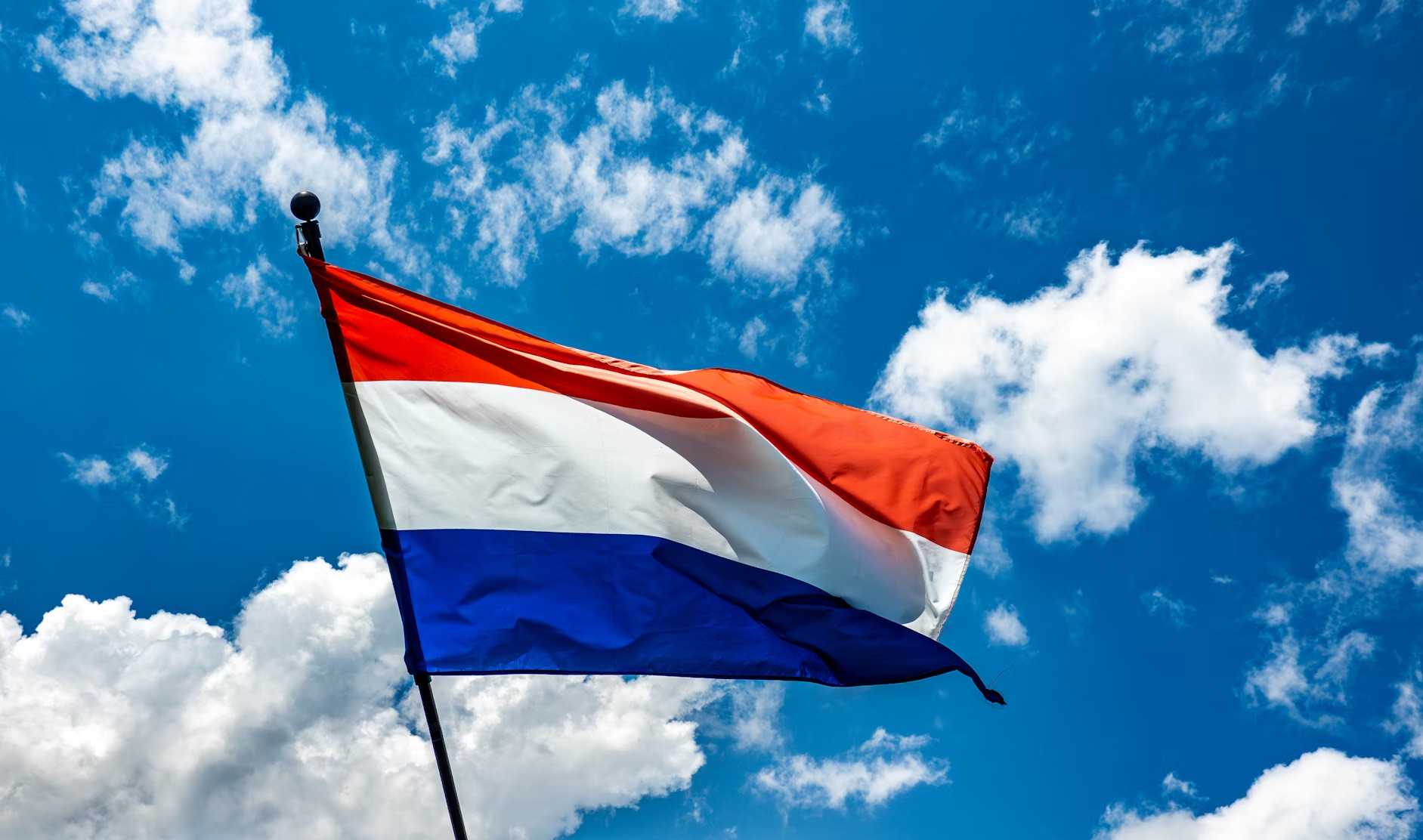
The Dutch government has assumed control of Nexperia, a Chinese-owned chipmaker in the Netherlands, by invoking the Goods Availability Act. This “highly exceptional” decision aims to safeguard the European supply of semiconductors—chips critical for cars and electronics—and protect Europe’s economic security.
Governance Concerns and Legal Basis
The Hague justified its move by citing “serious governance shortcomings” within the company and a need to prevent a crisis where chip supplies could be halted in an emergency. The Economic Ministry stressed that losing Nexperia’s technological capabilities would pose a risk to Dutch and European economic security. This measure is intended to mitigate the risk that the Chinese owner, Wingtech, could be pressured by Beijing to halt or prioritize sales, crippling European industries.
The move threatens to heighten tensions between the EU and China. Shanghai-listed shares of Wingtech fell by 10% immediately after the announcement. The China Semiconductor Industry Association criticized the intervention, calling the measures “selective and discriminatory.” Wingtech, which had its chairman suspended by a court order earlier this month, has vowed to take legal action to protect its rights. Separately, the U.S. government had already placed Wingtech on its “entity list” over national security concerns, and the UK previously forced Nexperia to sell a plant.
What The Author Thinks
The Netherlands’ move to effectively nationalize control over Nexperia is a seminal moment in Western geo-economic strategy, confirming that supply chain sovereignty is now prioritized over the ideology of frictionless global investment. By invoking an obscure law to police corporate governance based on the nationality of the owner, the Hague is acknowledging that a Chinese-owned chipmaker—regardless of its current compliance—represents an unacceptable single point of failure in a critical European industrial base. This action sets a powerful precedent for governments to proactively dismantle dual-use technology dependencies, demonstrating that in the current geopolitical climate, a company’s ownership is as critical as its profitability.
Featured image credit: chris robert via Unsplash
For more stories like it, click the +Follow button at the top of this page to follow us.
